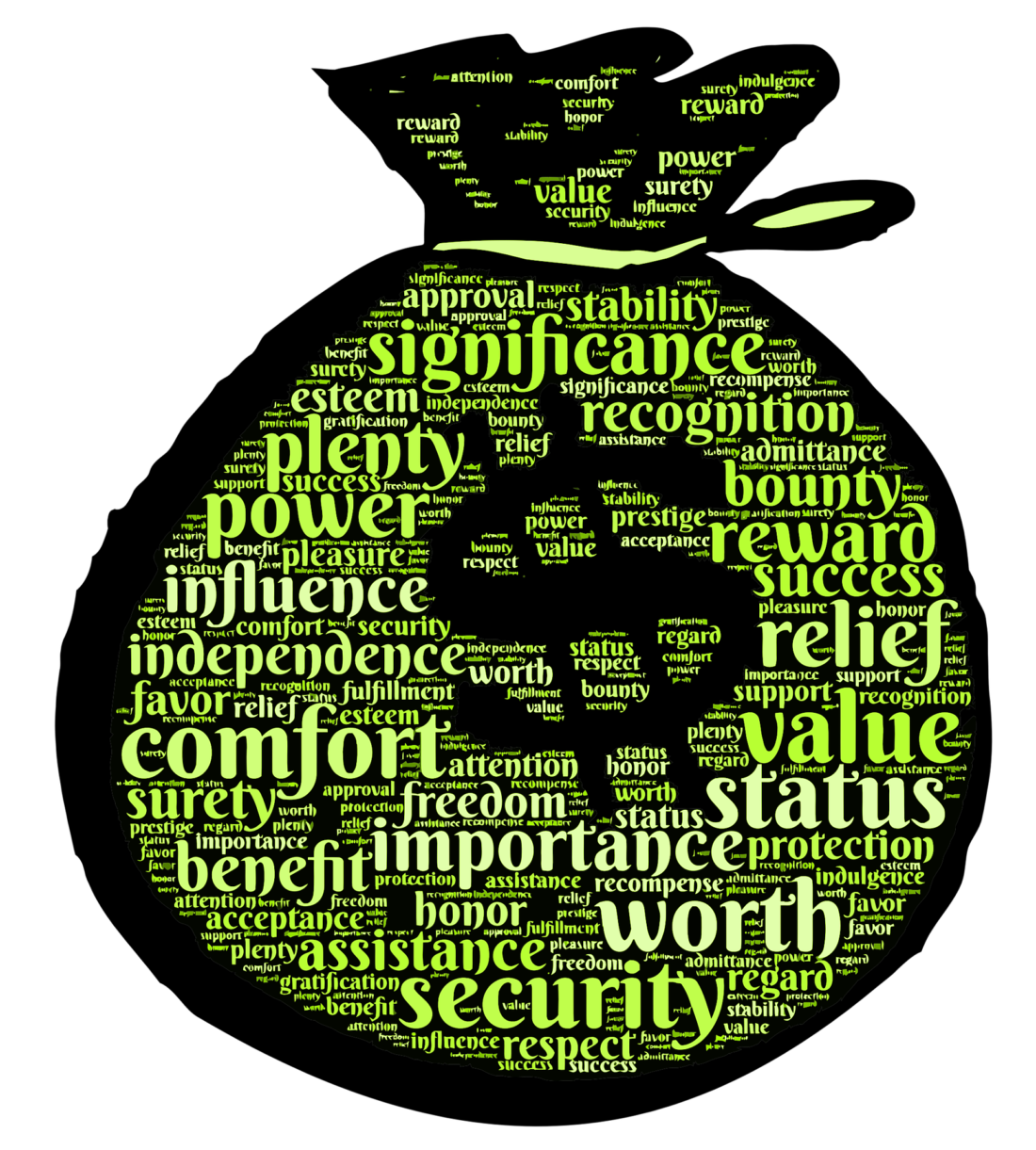Financial Literacy – do you really know what you’re talking about?
 Some people believe that the curriculum in schools doesn’t place enough emphasis on financial literacy. Having our younger generations understand monetary matters when they leave school and make good financial decisions in their life moving forward is vital. Many adults today find it difficult to understand matters when it comes to mortgages, savings accounts and investments, because they simply weren’t taught it when they were younger in an honest and informative way. This can lead to a build up of debt, and a vicious cycle of overspending, relying on credit and not having enough money at the end of the month. It’s difficult to free yourself from this trap so cluing yourself up on some of the main financial topics could be an ideal way to educate yourself, giving you the information and knowledge base you need to lead a brighter financial future.
Some people believe that the curriculum in schools doesn’t place enough emphasis on financial literacy. Having our younger generations understand monetary matters when they leave school and make good financial decisions in their life moving forward is vital. Many adults today find it difficult to understand matters when it comes to mortgages, savings accounts and investments, because they simply weren’t taught it when they were younger in an honest and informative way. This can lead to a build up of debt, and a vicious cycle of overspending, relying on credit and not having enough money at the end of the month. It’s difficult to free yourself from this trap so cluing yourself up on some of the main financial topics could be an ideal way to educate yourself, giving you the information and knowledge base you need to lead a brighter financial future.
There are four main areas of financial literacy which every person should recognise and understand. Wonga define these quite well in their financial literacy guide:
“financial literacy is having a basic grasp of money matters and its four fundamental pillars: debt, budgeting, saving, and investing. It’s understanding how to build wealth throughout one’s life by leveraging the power of these pillars…financial literacy is the difference between living from pay check to pay check, and being able to afford the things you want and need, to building wealth that works for you, which is why financial literacy is so important.”
What is interesting about this blog post is the difference they say between good debt and bad debt. Many people have debt of some kind, but not all debt is ‘bad.’ For instance, school tuition fees could be considered good debt, because the education you receive from the tuition could enable you to get a better paying job further down the line. Bad debt, on the other hand, might involve credit cards stacked up with catalogue spending – essentially debt that isn’t needed and could be avoided. It is important to think about the debt you have, and prioritise how you will pay it off.
When it comes to savings, it is a good idea to set yourself goals. Nerd Wallet recommend reminding yourself to track your progress is an effective way to stay on top of your savings goals. You may want to purchase a property, for instance, which would involve a lot of saving. Set yourself up with a savings account and figure out how much you can afford each month on a budget plan, and track how long this might take you. Having goals really helps keep you focused! You might also want to look into interest rates, and which accounts give you the best rates when you place your money with them. Nerd Wallet also suggests not feeling disheartened if you lose focus on one month – just accept your mistake, and get yourself back on track. Everyone makes mistakes!
When you get your day to day financial processes sorted, and you budget well each month, you can then consider investing. Investing is all about growing the wealth you need to enjoy a financially secure future. You might consider property, retirement funds, or unit trusts, for instance.
To become more financially literate, you don’t need to spend a lot of time or money. You can take a few minutes each day to check your accounts, make budget plans and read up on some financial topics, so you can become more clued up. Doing so can lead to a much less stressed life and a happier financial future!